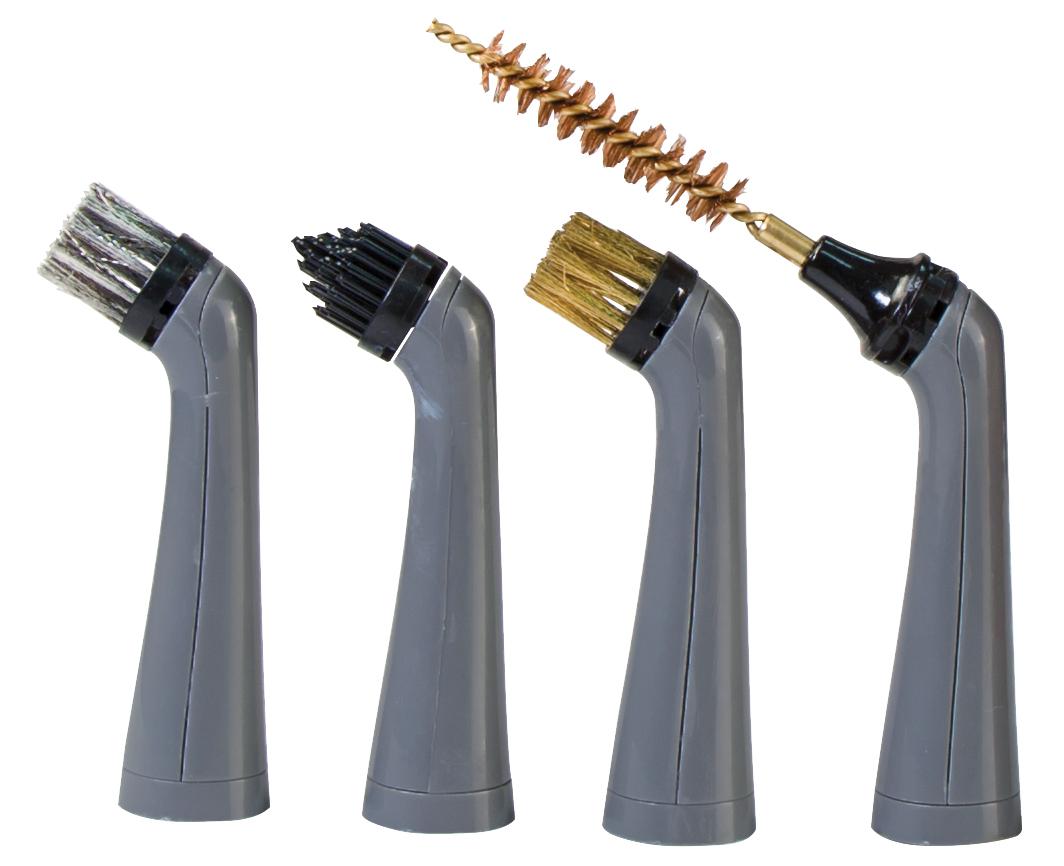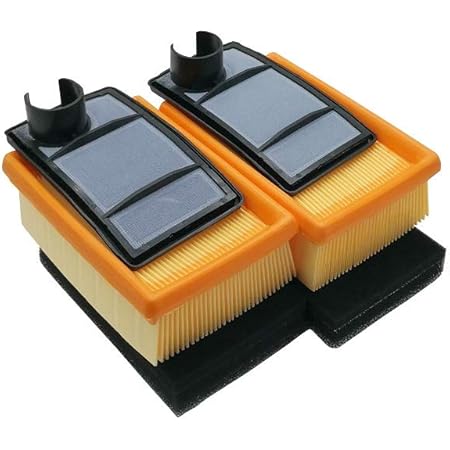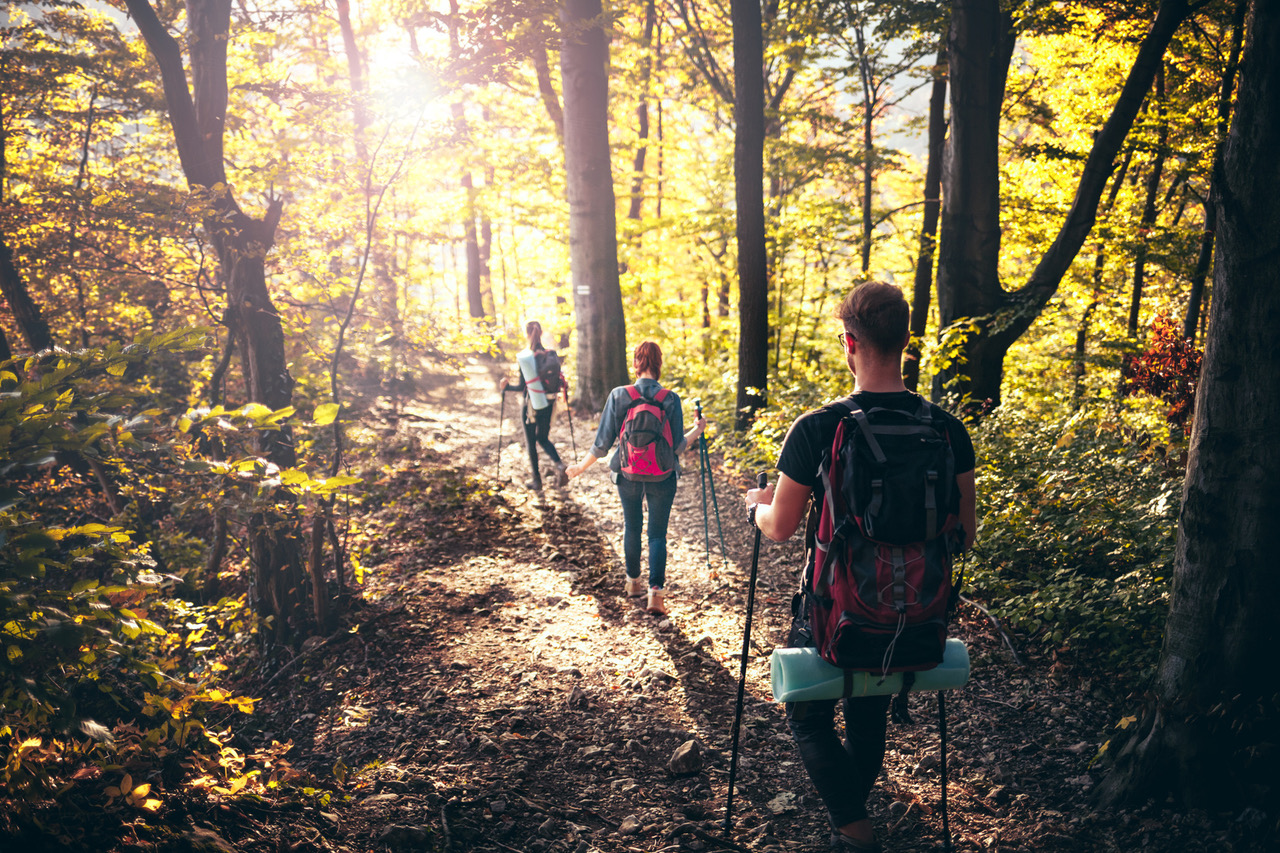Let’s face it: cleaning outdoor spaces – decks, patios, fences, driveways – is a chore. But it’s a necessary one. And while scrubbing with a good brush is key, what you’re scrubbing *with* matters just as much. Using harsh chemicals isn’t just bad for the environment; it’s potentially harmful to your family, pets, and the surrounding plant life. That’s why choosing biodegradable cleaning products for your outdoor brushes is a smart, eco-conscious choice.
Why Biodegradable Cleaning Products Are Essential for Outdoor Cleaning
Traditional cleaning solutions often contain phosphates, chlorine, and other chemicals that pollute waterways and harm beneficial microorganisms in the soil. These chemicals can linger long after you’ve finished cleaning, potentially impacting the health of your plants and even the local ecosystem. Biodegradable products, on the other hand, break down naturally, minimizing their environmental impact. This is especially crucial when cleaning outdoors, where runoff can easily contaminate nearby water sources.
Beyond environmental benefits, biodegradable cleaners are often gentler on your skin and less likely to cause irritating reactions. This is particularly important if you’re spending extended periods cleaning outdoors.
Choosing the Right Biodegradable Cleaner for Different Surfaces

Not all biodegradable cleaners are created equal. The best choice depends on the surface you’re cleaning:
Wood (Decks, Fences, etc.):
For wood, opt for a biodegradable cleaner specifically designed for this material. Look for formulas that are pH-neutral to prevent damage to the wood’s finish. Avoid harsh scrubbing, as it can scratch the surface. A soap-based cleaner, perhaps with a bit of baking soda for extra cleaning power, often works wonders. Many commercially available options boast plant-based ingredients and are certified biodegradable.
Concrete (Patios, Driveways):
Concrete can handle tougher cleaning solutions. Biodegradable cleaners containing natural ingredients like citrus extracts or enzymes can effectively remove stains and dirt. For stubborn grime, you might consider a combination of biodegradable cleaner and a stiff-bristled brush. Be sure to rinse thoroughly after cleaning.
Vinyl or Composite:
These materials are generally easy to clean. A simple solution of biodegradable soap and water is often sufficient. Avoid abrasive cleaners or brushes, as they can scratch the surface.
Matching Your Brush to the Cleaning Task
The type of brush you use is as important as the cleaning solution. Different brushes are better suited for different surfaces and cleaning tasks:
- Stiff-bristled brushes: Ideal for removing stubborn dirt and grime from concrete or rough surfaces. However, be cautious when using them on delicate materials.
- Soft-bristled brushes: Perfect for cleaning wood, vinyl, or other delicate surfaces. They are less likely to cause scratches or damage the finish.
- Deck brushes: These specialized brushes often have a long handle and angled bristles, making them ideal for cleaning large areas like decks and patios.
- Scrub brushes: These are great for smaller areas or for tackling stubborn stains.
Making Your Own Biodegradable Cleaning Solutions

You can easily create your own biodegradable cleaning solutions at home, saving money and reducing your environmental impact. Here are a few simple recipes:
- Basic Soap and Water: Mix a few tablespoons of liquid castile soap (a biodegradable soap made from plant oils) with a gallon of warm water. This works well for most surfaces.
- Baking Soda Paste: Combine baking soda with enough water to create a paste. This is excellent for scrubbing away stubborn stains on concrete or other tough surfaces.
- White Vinegar Solution: Mix equal parts white vinegar and water. This is a natural disinfectant and can be used on many surfaces, but always test it on a small, inconspicuous area first to ensure it doesn’t damage the material.
Safe Disposal of Cleaning Products and Waste

Even biodegradable products require responsible disposal. Always follow the manufacturer’s instructions. If you’re using a homemade cleaner, dispose of any excess in a manner that prevents environmental contamination. Avoid pouring cleaning solutions down the drain, as they could still potentially impact the local sewage system.
Choosing Biodegradable Cleaning Products: The Long-Term Benefits

While the initial cost of biodegradable cleaning products may seem slightly higher, the long-term benefits far outweigh the expense. You’re investing in the health of your environment, the well-being of your family, and the longevity of your outdoor spaces. By making informed choices, you can keep your outdoor areas clean and sparkling while contributing to a healthier planet. Remember to always read product labels carefully and choose products with certifications verifying their biodegradability to ensure you’re truly making a sustainable choice.
Frequently Asked Questions
Q: Are all “green” cleaning products truly biodegradable? A: Not necessarily. Look for certifications from reputable organizations that verify biodegradability. “Green” can be a vague term.
Q: Can I use dish soap instead of specialized biodegradable cleaners? A: While some dish soaps are biodegradable, they may not be formulated for outdoor use and could leave a residue. It’s best to use a cleaner designed for the specific surface.
Q: How do I know if my brush is damaging the surface? A: If you notice scratches, discoloration, or any other damage to the surface after cleaning, try a softer brush or a gentler cleaning solution.


